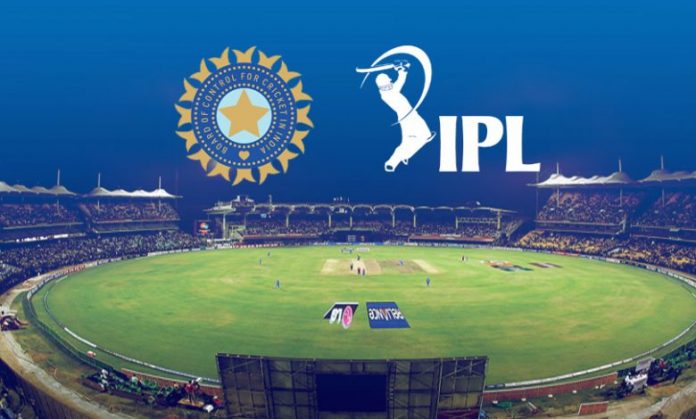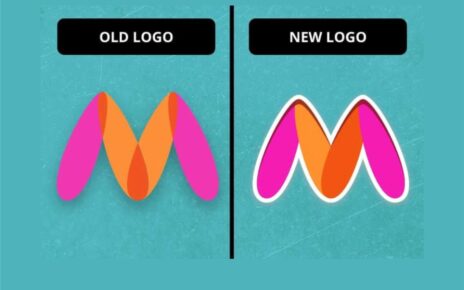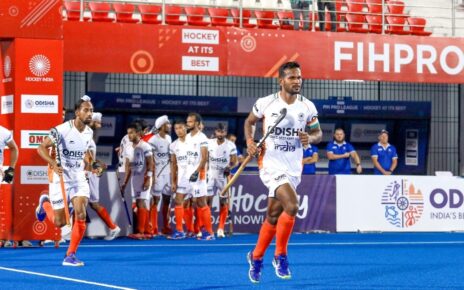Prompted by the anti-China sentiment in India, Chinese smart phone maker Vivo Communication Technology Co’s Indian arm Vivo India and Board of Control for Cricket in India (BCCI) have parted ways for the upcoming Indian Premier League (IPL) 2020.
According to sources, “Vivo has had its own share of issues and the BCCI optics to deal with, given the political climate. They have to come to some understanding here because legal options can’t be considered in this case.”
In 2017, Vivo India had entered into a contract with IPL with a winning bid of ₹2,199 crore for a period of five years. It was paying approximately ₹440 crore each year for the tournament’s title rights.
On one hand, BCCI is relieved over the Chinese giant’s exit, considering the tense situation at the Line of Actual Control in Ladakh. On the other hand, the board is worried about finding a replacement when the pandemic has left the economy rattled and the IPL is scheduled to begin in around 45 days. It will not be easy for BCCI to bring on board other sponsors in a such a short time frame and get them to pay the amounts as promised by Vivo and the experts believe that if BCCI can get even 50%, they would have done well.
BCCI took the decision on Monday night to let Vivo go for this year, but left a window open for renegotiations next year, subject to how things work out this year.
“It was a tightly drafted contract to protect all parties concerned and the BCCI has done excellently to ensure that there are no legal repercussions to this right now,” sources said.
‘May cause Chinese brands to lie low’
Chairman of a Mumbai-based marketing and communication agency said, “Star India could be hit by ₹200-250 crore if Vivo, which was big on on-air sponsorship last year, decides not to advertise or reduces visibility this year.”
Vivo’s exit may also lead to other Chinese brands such as Real Me, Oppo, One Plus, Redmi/Xiaomi, Huawei, Lenovo, to lie low or not advertise during the IPL. These companies spend at least ₹600-700 crore on the IPL (across TV and digital).




